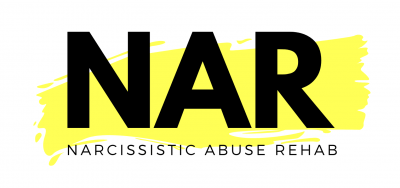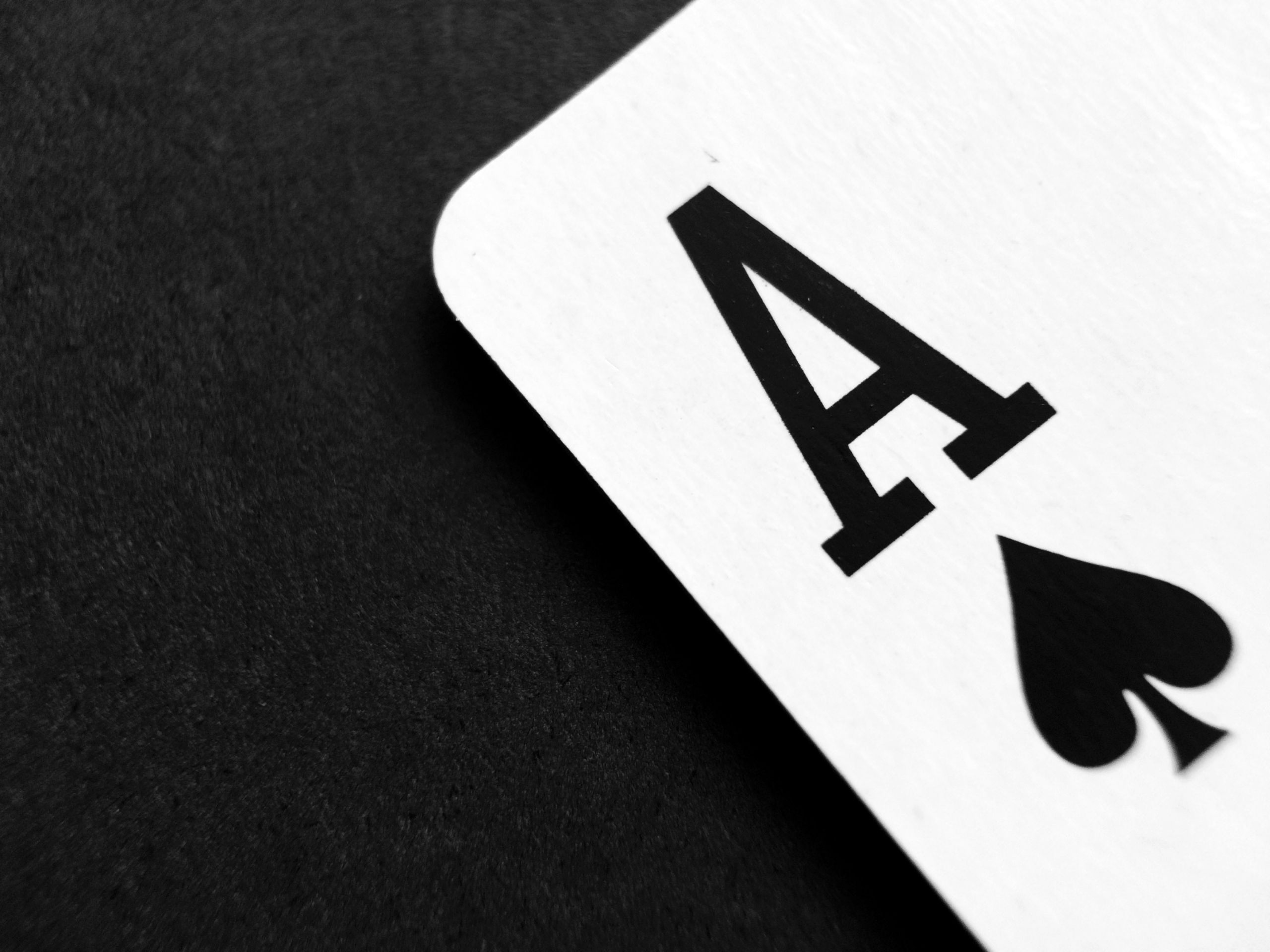Counter-parenting is a coercive control tactic that’s a common aspect of post-separation abuse in narcissistic family dynamics.
Narcissistic Family Dynamics
Knowing how to answer your child’s questions about a narcissistic parent is essential to their healthy development and wellbeing. The reason for this is that narcissistic abuse commonly falls under the umbrella of domestic abuse in families. Raising children in an environment where domestic abuse is normalized can seriously impact their physical and emotional functioning. Research shows that exposure to domestic…
CO-PARENTING WITH A NARCISSIST is often said to be impossible. A popular quote by A. Price asserts that “A narcissist will never co-parent with you. They will counter parent. They don’t care about the emotional damage that the constant drama inflicts upon the children as long as it causes emotional damage to you.” A distinguishing feature of narcissistic family dynamics is…
IT IS NOT UNCOMMON FOR NARCISSISTS to manipulate others into relationships by making fraudulent claims about who they are, what they stand for, and by mirroring the goals of the targeted individual. They deliberately make promises they don’t intend to keep and spin webs of deception for the sole purpose of exploiting the target and their resources. In popular psychology,…
THE FALSE SELF IS A FAKE PERSONA dysfunctional people invent as a psychological defense mechanism against re-living adverse childhood experiences (ACEs), such as traumatic stress. A child’s construction of a false self is an adaptive process. Children may develop it to cope with unmet needs, especially the absence of support the child requires to differentiate themselves from their caregivers. When…
A PATHOLOGICAL NARCISSIST HAS MASTERED the art of inflicting psychological devastation without ever raising a hand. Their skillful manipulation of people’s perceptions and emotions leaves a trail of bloodless crimes in their wake.
Many teenagers may be a bit narcissistic. It is usually a normal stage of development and self-corrects over time with the right parental guidance. For this reason, clinicians are reluctant to diagnose personality disorders in minors. However, when children present as consistently callous and exploitative they may be tested by for conduct disorder. When expressions of dysfunctional narcissism manifest during a…







